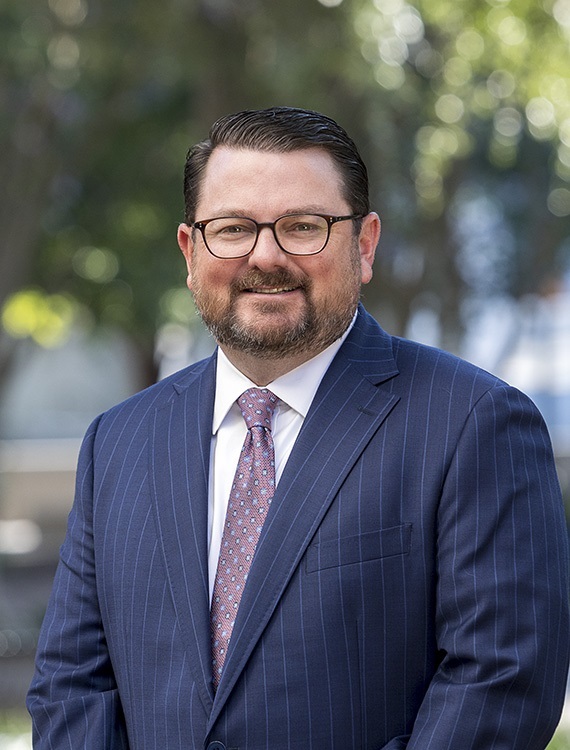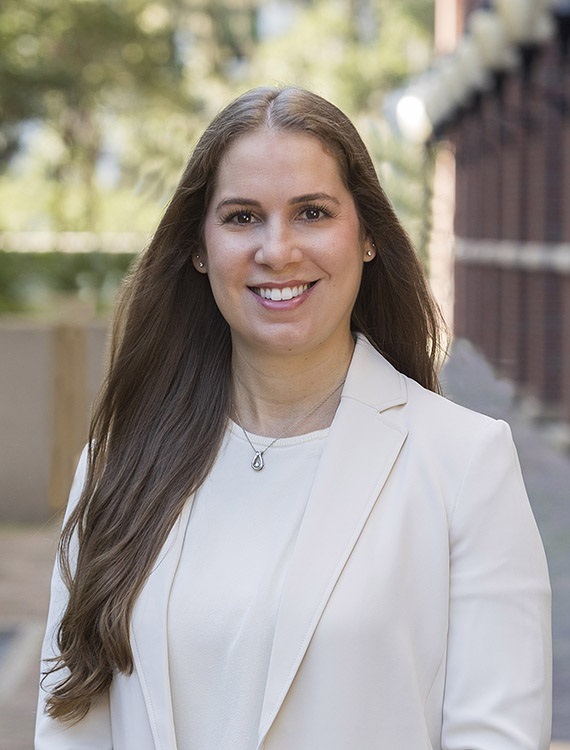Insurance bills near zero hour in Tallahassee
Published: Saturday, April 24, 2010 at 1:00 a.m.
Last Modified: Friday, April 23, 2010 at 9:34 p.m.
When Republican leaders, under threat of veto, pulled a bill that would allow property insurers to raise rates without regulation, many consumers breathed a sigh of relief.
Not so fast.
Another bill, passed by the Senate on Friday, would allow property insurance companies to automatically raise rates as much as 10 percent a year.
And, unlike the earlier deregulation bill that died in the Senate under Crist’s threat of veto, the one passed Friday has many of the elements Crist said he would embrace.
If the bill can win approval in the House next week and avoid Crist’s veto, the average homeowner could see bills increase $160 annually.
But legislators will have to move fast and they have many hurdles to clear. The last day of the session is Friday. The Senate bill is now decidedly different from a House version up for vote next week, and which still contains language giving insurers limited permission to raise rates without regulatory scrutiny.
The House bill also allows insurers to return to claims-handling practices outlawed after the 2004-05 hurricanes. Brandon Republican Rhonda Storms led a Senate challenge Thursday to remove the provision.
Called holdbacks, they permitted insurers to pay policyholders as little as 50 cents on the dollar unless consumers proved they bought new items to replace those they lost.
Insurance Consumer Advocate Sean Shaw said the holdback practice victimized consumers, burdening those who had lost basic furnishings and clothing. In addition, he said, insurers sometimes imposed unfair limitations on what homeowners could purchase as a replacement.
Sen. Mike Bennett, R-Bradenton, insisted holdbacks are necessary to protect insurance companies from consumer fraud.
“When people are broke, they lose a diamond ring. When times are tough, the camera gets stolen,” Bennett said. “It’s the No. 1 area of fraud.”
“I’ll tell you what the biggest fraud is, is the fraud of denying someone from getting their money,” retorted Sen. Alex Villalobos, R-Miami.
The sponsor of the House bill said he will spend the weekend trying to decide what, if any, part of his bill to salvage.
“I’m going to take it home and see if there’s enough left to try to run with,” said Rep. Bill Proctor, R-St. Augustine.
Though rate deregulation is not part of the Senate bill, the measure does give insurers permission to file separate rate hikes for the cost of financial products they buy to cover the cost of hurricane losses, and for inflation.
The only proof needed to receive the annual inflation hike is citation of an inflation factor state regulators would be required to publish every year.
The increases are capped at a combined 10 percent, meaning a potential $160 annual rate increase for the average home insurance buyer, and $931 million more in premiums for the insurance industry.
Both the Senate bill and one awaiting a House vote give state regulators new, albeit limited, tools to ensure current insurers survive the next round of storms, including raising the minimum amount of money needed to operate an insurer.
Regulators also would be allowed to demand insurers suffering large losses turn over financial information of the affiliated companies they do business with. The Herald-Tribune this year reported insurers in 2008 diverted $1.9 billion in premiums into companies controlled by their own owners.
Coupled with new rule changes by the Office of Insurance Regulation, the bills also create the potential for a dramatically larger hurricane burden on the state, reversing a decade of efforts to shrink that risk.
The legislation would allow state regulators to order insurers in financial peril to drop customers with as little as 45 days notice. Along with their cancellation notices would come offers of coverage from the state-run Citizens Property Insurance.
Earlier this month, the Office of Insurance Regulation quietly issued its own blanket order giving Florida insurance companies permission to return policies they had taken out of Citizens since March 2007, if needed for solvency reasons or to reduce their storm risk.
At least four property insurers have announced plans to do so. Sunshine State has told Citizens it will return more than 14,000 policyholders to the state-run insurer. Homeowners Choice plans to nonrenew some 2,000 customers. American Integrity and Florida Peninsula have notified Citizens of similar plans but provided no numbers, said Citizens spokeswoman Christine Ashburn.












